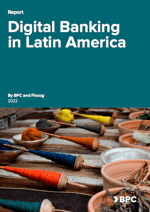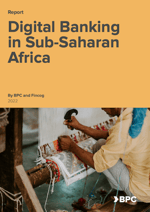For payment service providers and retailers alike, processing payments has been one of the key activities to which a significant portion of these companies’ resources have been allocated. Traditionally, these companies have been managing their own payment systems.
This often resulted in headaches around finding and keeping skilled resources, staying in line with a never ending stream of new regulations, while at the same time trying to identify their unique value proposition to stay relevant in a highly competitive market.
In the payment industry, standing still is not an option for companies that want to remain relevant. Transaction volumes have been consistently rising. Payment service providers are facing challenges around their current technology stack, and don’t scale fast enough. While established payment service providers are patching and maintaining old IT systems, new entrants are building new attractive customer centric value propositions from the ground up, not hampered by their IT infrastructure.
This raises the questions:
Is managing your own payment system in-house still the most profitable and sustainable route?
Payments are keeping retailers and banks in business, but should every payment service provider aim to manage their own system and be heavily reliant on a limited pool of skilled resources?
As with any aspect of the business, resources are by far the most important risk and with a limited team, the focus is in most cases on keeping the system afloat rather than proactively analyzing trends to resolve recurring issues. As a consequence, the chance the payment system will be facing downtime will increase over time, with significant financial and reputational damages as a result.
This is why the appetite to outsource payment processing to partners is growing. This allows payment service providers to focus on their core business and rely on professionals to handle technology and operations. BPC’s CloudIT for example offers the complete range of payment capabilities as a service, supported by technical, regulatory and business domain experts to efficiently deliver payments processing, support and monitoring. At the same time, payment service providers can continue to gain deeper insights into their clients needs and environment and shape the services going forward.
Banking on Payments as a Service is not just about dealing with increased competition or growing volumes, changing regulations and evolving customer expectations. Existing revenue models are under pressure, so payment service providers need to keep costs under control and rethink their business models. Rather than trying to maintain the status quo, businesses should identify new revenue streams through value added services like stock management for merchants or lending.
At BPC, we firmly believe that ecosystems are the way forward. It is no longer about doing it all yourself. It’s about finding the right partners and create an ecosystem of relevant stakeholders. This will allow payment service providers to focus on their core offering: retaining and attracting clients.




